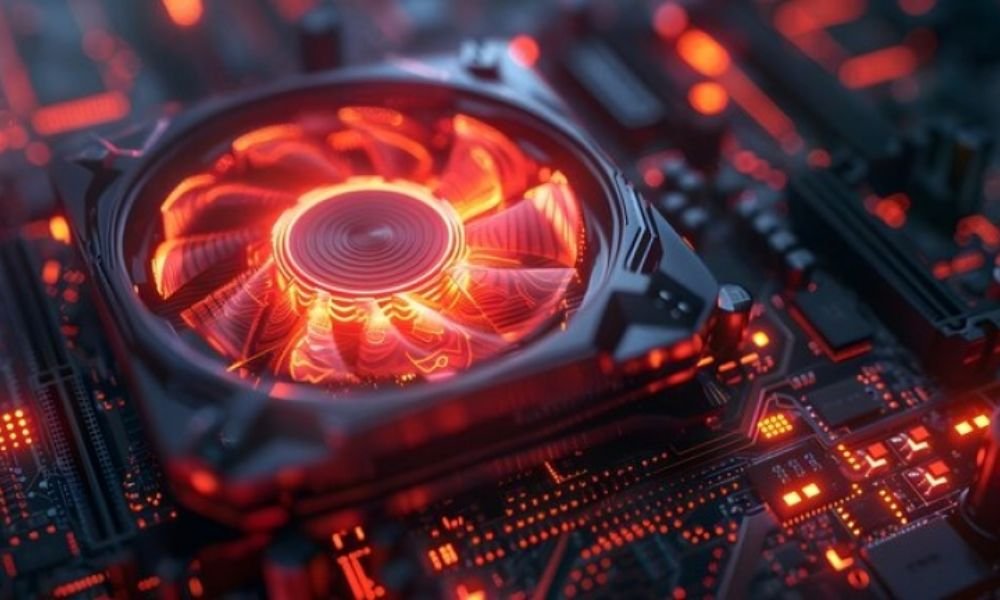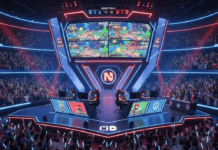Video games have long been considered energy-intensive and environmentally unfriendly. Large PCs with flashing RGB lights, powerful graphics cards, and accessories that need replacing with every upgrade cycle aren't exactly eco-friendly. But video games have quietly evolved. A new generation of computer hardware is emerging, high-performing but also mindful of its environmental impact. And the best part? You don't have to compromise on quality or enjoyment to go green.
Promoting sustainable play

Gamers are more savvy than ever, and it's not just about frame rates and refresh rates. More and more players are asking: How much power does my hardware consume? Or, what should I do with my old headset when I get rid of it? With growing concern about the climate, computer manufacturers have smart answers. From controllers made from recycled plastic to low-power graphics processors, green innovation is finally arriving in video games.
Of course, sustainability also means smarter spending. You can balance your setup by seeking out more eco-friendly alternatives without breaking the bank. That's why some gamers even combine their purchases with affordable gift cards from Eneba – a Transcash card that's a convenient way to manage your spending while supporting sustainable hardware choices. It's about reconciling responsible consumption with a hobby that thrives on upgrades.
Combining power and energy efficiency

One of the environmental impacts of video games is energy consumption. But modern hardware is designed to make the most of every watt. NVIDIA's latest graphics cards, for example, are significantly more energy-efficient than previous generations. On consoles, both the PlayStation 5 and Xbox Series X|S feature low-power sleep modes that drastically reduce energy consumption when not in use.
Even accessories are getting in on the act. Rechargeable wireless controllers are replacing disposable batteries, and some companies are even experimenting with solar-powered charging accessories. Small changes like these add up when multiplied by millions of gamers worldwide.
Sustainable, recycled, responsible materials
Beyond energy consumption, another environmental shift is in the materials used for computer hardware. Microsoft has released Xbox controllers made from recycled plastics (CDs, used car parts, etc.). Logitech continues its commitment to using peripherals made with PCR (post-consumer recycled) materials and is reducing its reliance on virgin plastics.
But sustainability isn't just about recycling; it's also about longevity. Equipment that lasts longer means less equipment ending up in landfills. Mechanical keyboards with hot-swappable switches, for example, allow gamers to repair instead of replace, reducing waste and saving money in the long run.
A smaller footprint, a greater impact
Green gaming isn't black and white. Even small gestures like choosing LED backlighting instead of a power-hungry model or using a headset made from recycled materials make a difference. And since gamers are a massive global community, even small improvements add up.
And choosing green also offers tangible benefits: lower electricity bills, more durable equipment, and longer-lasting hardware. You're not just reducing your environmental impact, you're also improving your gaming experience.
Final thoughts
Eco-friendly gaming is no longer a trend, it's a movement. From low-energy consoles and recycled controllers to durable accessories, sustainability is shaping gaming hardware. Choosing greener alternatives is good for the planet, but also for gamers in terms of cost savings and sustainability.
It's easier to manage your budget when you shop smart: subscriptions and gaming credits on the Eneba digital marketplace guarantee great deals. The future of gaming is faster, more immersive, and greener.




